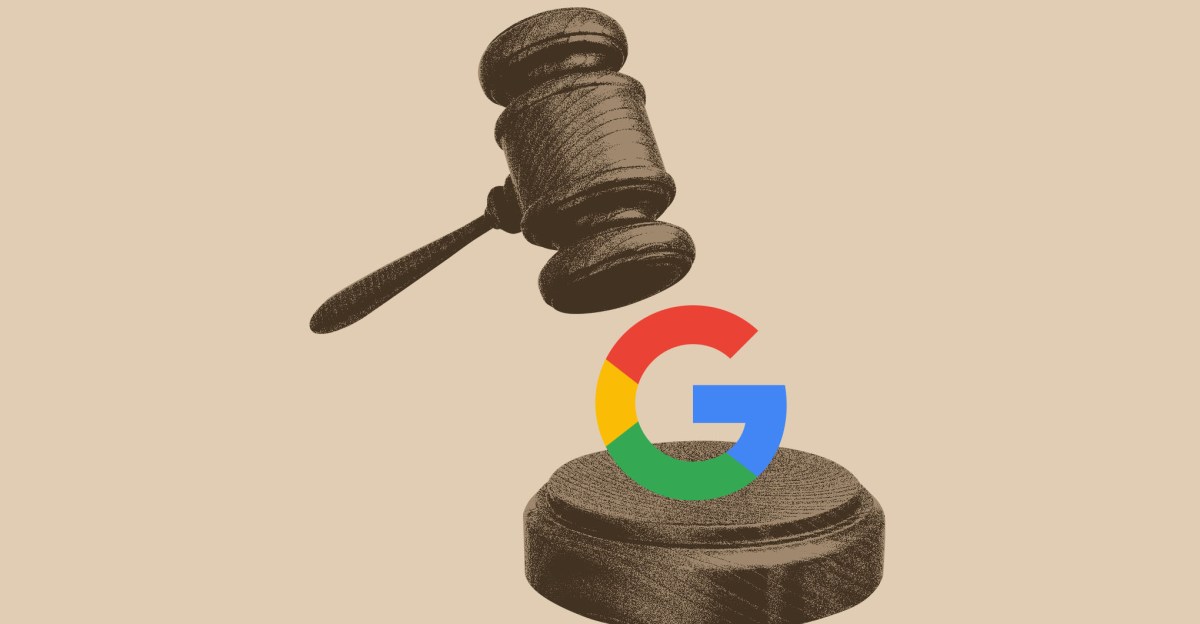Penske Media is suing Google over AI Overviews, alleging AI summaries use publishers' reporting without permission and reduce referral traffic and ad revenue. The case could force licensing, attribution, or changes in how AI uses news content and affect digital publishing rights.

Meta description: Penske Media sues Google over AI summaries, claiming unauthorized use of journalism and major traffic loss. Read expert analysis and what it could mean for news publishers and digital publishing rights.
What happens when search engines stop sending readers to news websites? Penske Media Corporation, the owner of Rolling Stone and Variety, says it is finding out. The company has filed a lawsuit alleging that Google’s AI Overviews use original reporting to create AI summaries without permission or compensation. This legal action puts a spotlight on the tension between AI driven convenience and the need to sustain journalism.
For years Google Search acted as a key source of referral traffic for news publishers. That traffic helped fund reporting through ad revenue and subscriptions. Now AI Overviews summarize material directly on the results page, enabling many users to get answers without clicking through to source articles. That shift contributes to zero click searches and an erosion of the referral model that newsrooms rely on.
The case could set legal precedent about how AI systems may repurpose copyrighted material for answer engines. If the court finds for publishers, Google might need to change how AI Overviews source articles, provide clearer attribution and linking, or negotiate licensing agreements with news organizations. That outcome would affect other companies building AI based search and summary features and could lead to wider publisher compensation across the industry.
In an AI first search environment, publishers must adapt content strategy to match user intent and semantic signals. Practical steps include optimizing for entity relevance like keywords publishers sue Google and Google AI copyright case, using clear fact based reporting that demonstrates E E A T, and publishing content that answer engines can cite while still encouraging clicks to full articles. Technical signals such as structured data, fast page speed, and accurate metadata remain essential to help both search engines and AI systems recognize authoritative sources.
How are publishers suing Google over AI generated content? Penske alleges that Google uses their reporting to build AI summaries without permission, which diverts traffic and revenue from the original sites.
Will this case affect how AI systems use news content? Potentially yes. The judgment could require licensing, attribution, or other guard rails that change how AI driven answer engines source and present news.
Penske Media versus Google is more than a headline. It is a test of how digital publishing rights will be defined in an age of AI driven search. The dispute raises core questions about fair use, copyright in training data, and the economic impact of zero click searches on journalism. For publishers, the fight is about preserving the incentives to produce quality reporting. For technology firms, it is about balancing innovative user experiences with respect for original content and compensation for creators. The outcome will shape how news is discovered and how publishers are paid in the coming years.
Key terms to remember for this evolving story include publishers sue Google, AI summaries copyright, LLM, zero click searches, publisher licensing fees, and digital publishing rights.



